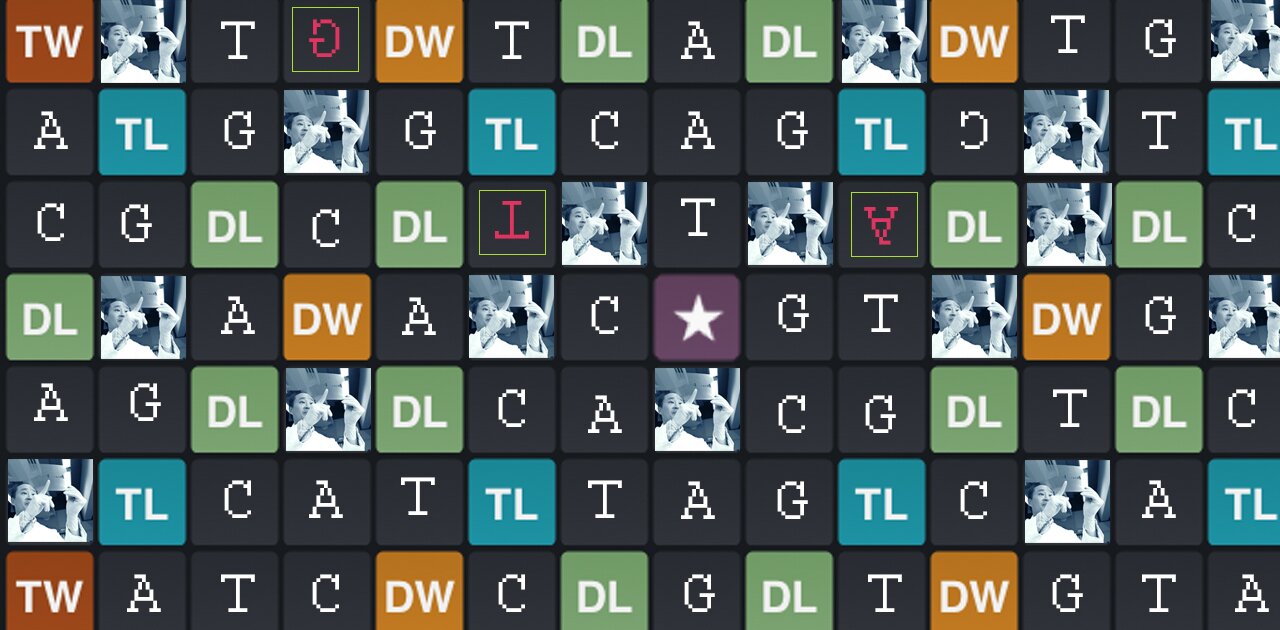Key to success
The new findings are the result of a large, international study within the framework of the EU network COGS. "The collaborative efforts have been tremendous and key to success", says COGS coordinator Per Hall.
New treatments
Ultimately the researchers hope to be able to better calculate the individual risk of cancer, to better understand how these cancers develop and to be able to generate new treatments.
The main findings have been published in a special issue on genetic risk factors for cancer in the prestigious scientific journal Nature Genetics.
'Snip'
The spelling mistake is called Single Nucleotide Polymorphism (SNP) - pronounced 'snip'. For breast cancer, the researchers found 49 genetic typos or SNPs. In the case of prostate cancer, researchers have discovered another 26 deviations. For ovarian cancer, 8 new relevant SNPs were found.
Our heritage
SNPs are part of our natural heritage. We all have them. How it affects the individual depends on where on the DNA strand the genetic deviation is found. The researchers now hope to be able to evaluate the importance of the identified deviations, so that it will be possible to more clearly predict which individuals are at high risk of developing one of these cancers.
Screening
"We're now on the verge of being able to use our knowledge to develop tests that could complement breast cancer screening and take us a step closer to having an effective prostate cancer screening programme", says Professor Douglas Easton of the University of Cambridge, UK, who has led several of the presented studies.
Read more in the press release of Karolinska Institutet.



Add new comment